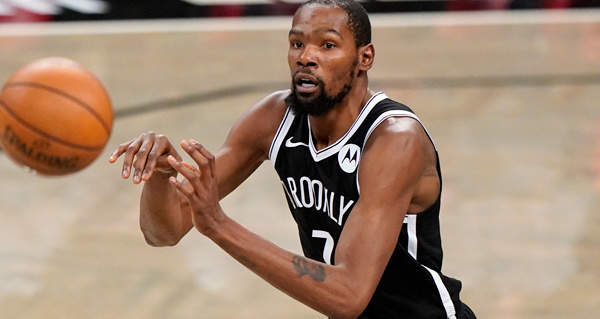The 2019 offseason marked the creation of three new superteams in the Brooklyn Nets, Los Angeles Lakers and Los Angeles Clippers. Kevin Durant and Kyrie Irving signed with Brooklyn, while the Lakers had traded for Anthony Davis to pair with LeBron James in June. A few days into free agency, the Clippers simultaneously traded for Paul George and signed Kawhi Leonard.
Kevin Arnovitz of ESPN writes that "Several top league executives assert that devising a strategy around chasing big-name stars doesn't hold the same appeal it once did."
To date, the Lakers won a championship in 2020 but were eliminated in the first round in 2021 and missed the playoffs altogether in 2022. Brooklyn advanced to the second round in 2021, while the Clippers have reached the Conference Finals in 2021.
"Assembling a superteam is something very, very few organizations can do," one senior league executive tells ESPN. "And we're seeing that even fewer can actually pull it off because superstars aren't enough -- it has to be the right superstars in the right culture. What this current era of NBA basketball is showing us is that going all-in -- whether it's with cap space or all of your loot -- to go acquire two or three of the top talented players in the league and having either underperforming infrastructure or a complete lack of roster depth, you're doing nothing favorable for your organization."
History shows that a superteam has a better chance to succeed with an organizational anchor. Outside of the 19-20 Lakers, no team comprising a core without a homegrown star as one of its two best players has won a title in more than 40 years.
The Phoenix Suns and Milwaukee Bucks enter the playoffs as the favorites in their respective conference. Both teams feature multiple homegrown stars while they have added veteran point guards via trade in Chris Paul and Jrue Holiday respectively.


